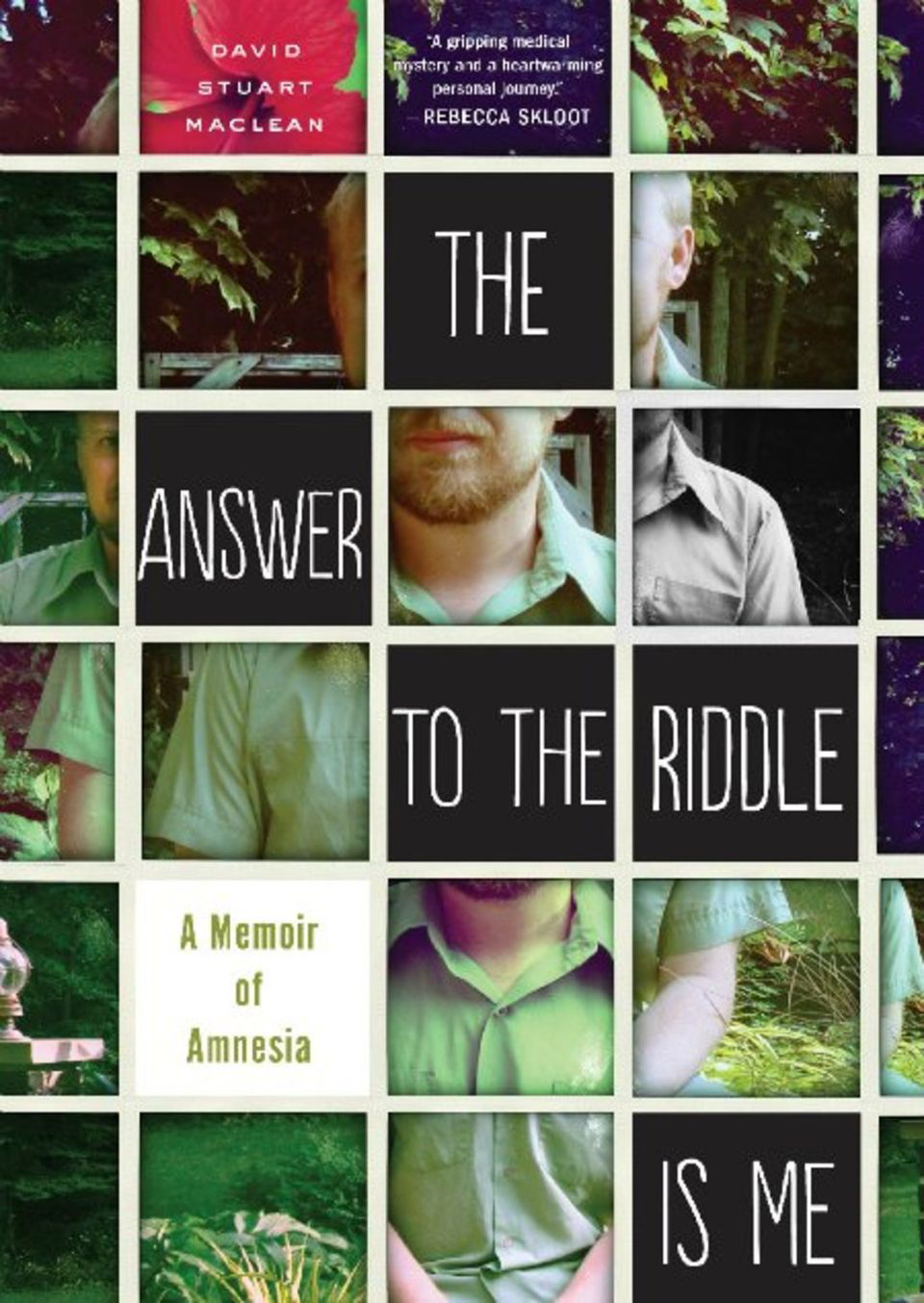On October 17, 2002, David Stuart MacLean awoke in a train station in India with no memory of the past. “I stood still,” he writes in his memoir, “The Answer to the Riddle is Me”. “I had no idea who I was. This fact didn’t panic me at first, I didn’t know enough to panic. I could feel a heavy absence in my brain like a static cloud.”
An English-speaking police officer found him and reassured him, telling him he was a drug addict experiencing temporary disorientation. MacLean, grasping at an explanation, invented a vivid and detailed drug-fueled past in his head, complete with characters, settings, and situations. However, MacLean was not a drug addict. He was a young writer on a Fulbright in India, with a family in Ohio and a girlfriend waiting for him back home. In preparation for his trip to India he had been given an antimalarial drug called Lariam, which has since sparked controversy for the psychotic episodes and powerful hallucinations that it can cause. Since MacLean’s ordeal, the medication has been taken off the market.
His story is about the strenuousness of remembering what’s lost, and of learning how to cope with dark memories through creative expression. Last week, at Midway Studios, MacLean read two excerpts from the resulting book, “The Answer to the Riddle is Me.”
He began with his second birth: when he woke up in the train station. MacLean’s diction is fragmented—he describes looking around his unfamiliar environment and watching everyone else go about their everyday life as the gravity of the situation slowly dawned on him. “I was alone, alone with no idea how far I was from anyone who knew me,” he writes.
The second excerpt was a poignant and darkly humorous description of the plane ride home with his parents, during which he listened to recordings of an old radio show he did in college. The charmingly corny comedian in the recording was completely unrecognizable, as was MacLean’s home “Central Ohio was as alien as India,” MacLean writes. This extreme mental duress drove him to a mental asylum, where he discovered certain inherent traits—an ability to make people laugh and a love of reading—that had been unaffected by the loss of memory. For the next few years, MacLean’s only means of piecing himself back together were old photographs and other people’s accounts of who he had been.
Handpicked by MacLean to open the reading was Da’Shawn Mosley, a second-year undergraduate at the University of Chicago. Mosley read his creative nonfiction essay, “Dark Matter.” In his essay Mosley chose to juxtapose two disparate subjects. One was scientific, the other intimately personal: astrophysics and an account of painful childhood memories, respectively.
Mosley opened the essay with an account of his fascination with the strange and wondrous aspects of the universe— black holes, specifically––and then unexpectedly switched to a description of the death of his baby brother. The rest of the essay consisted of narratives of trauma and heartache—his mother’s arrest, his separation from his siblings—broken up by the continuous use of the phrase “black holes devour.” The repetition added a rhythm to the piece, becoming heavier as it goes on.
Mosley ended on a grimly hopeful note––with an acceptance of the difficulty of life. “Why not just enjoy this moment? You’re holding your baby sister for the first time. This could be the only time. She must weigh so little. Weight is the gravitational pull on an object. It’s what keeps us grounded. It’s what keeps us here. Black holes always devour.”
Both Mosley and MacLean were faced with overwhelming situations that could have devoured their lives. Instead of succumbing to helplessness and allowing their traumatic memories to define them, they used these heavy stones of experience to sculpt a new form through language—making art out of the dark. After all, as MacLean muses, “I don’t know if it’s the telomeres on the end of DNA, or the breath of God, but there is something other than our experiences that we are.”

